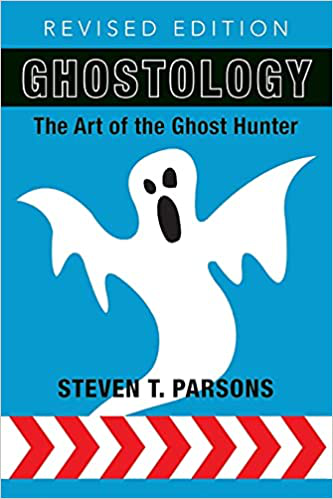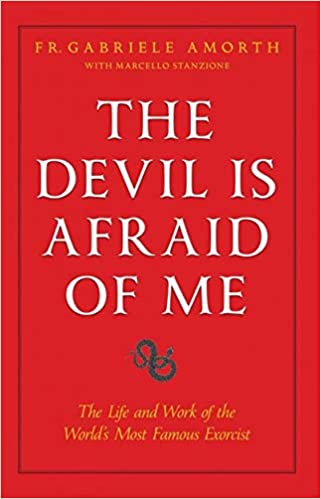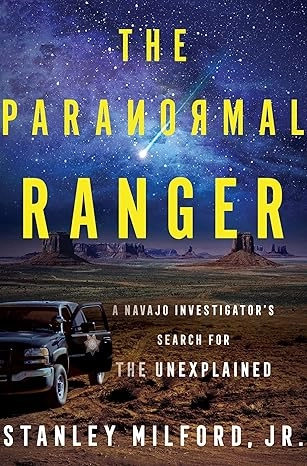Joel Kelly, Writer - GhostÉire - 17th August 2024, 2:00pm UTC+1
Events/Upcoming Shows
Thursday 8th, August 2024
4 minute read.
Joel Kelly, an Australian writer will be on the GhostÉire show on the 17th of August, 2024 at 2pm, discussing themes like 'Yowie', 'Bunyip' and the 'Tasmanian Tiger'.
It is with upmost pleasure we greet Australian writer of fiction, memoir and poetry – Joel Kelly onto the show. Joel has worked as a creative writer for commercial radio and has spent over fifteen years engaging with readers in libraries. In this time, he wrote monthly library features for the Northern Downs News and as J. B. Kelly wrote and provided creative direction for the graphic novel, The lure note (2011), published by Western Downs Regional Council. Joel also wrote the short story Outback Australia published by Boolarong Press in The Outback: Anthology of Short Stories (2016). He has a lifelong fascination with the universe, mythology, folklore and mysterious beasts. He holds a Certificate IV in Library and Information Services, a Diploma of Arts in Literature, a Diploma of Cryptozoology and is currently studying a Bachelor of Arts in Creative Writing. He lives high on Queensland’s great diving range in Toowoomba, where he tries to balance being a dad with writing a science fiction collection of short stories, and a novel exploring the cryptids of the world.
At the start of the evening we’ll be talking about the ‘Yowie’. The Yowie has similarities to the Sasquatch (USA and Canada), yet this cryptic is believed to live in the outback of Australia. Originating from aboriginal folklore, this ape-like creature stands at a height between 6ft and 12 ft. However, descriptions on what the Yowie looks like and how it behaves are quite diverse compared to its North American counterpart. The Kuku Yalanji tribe of North Queensland claim to have lived in co-existence with the beast for centuries. The first Yowie sighting was said to have taken place in 1795, and they have become rather frequent since. One of the latest significant sightings took place in December 2021 on a dark street in Queensland. Three men reputed to have seen a “slouched figure” with an “ape-like” face and “long arms” under a streetlight. The experience left one of the witnesses shaken and bewildered.
The second section of the interview will focus on the ‘Bunyip’. Another creature of aboriginal mythology, tracing its origin back to the Wemba-Wemba people of Victoria in South-Eastern Australia. In English, Bunyip means ‘devil’ or ‘evil spirit’. Another name given to this man-eating monster is Kianpraty. They are said to be amphibious; inhabiting rivers, lakes, swamps, billabongs (a type of bogged water) and pits (large holes or trenches in the ground). There are a wide variety of descriptions given by people to their appearance. Some say they have a round head, long neck, and a body resembling a hippopotamus, ox or manatee, whilst others see them as a human being. They are said to make booming or roaring noises. On the other hand, a rogue seal and the call from an Australian bittern marsh bird might be to blame for these mysterious Bunyip encounters.
We will wind-up the interview talking about the ‘Tasmanian Tiger’. This carnivorous marsupial is also referred to as the ‘Thylacine’, which in Greek means ‘pouch’ and ‘pertaining to’. Native to the Australian mainland and the islands of Tasmania and Paupia New Guinea, it is assumed the species became extinct on the mainland, and in Paupia New Guinea over 2,000 years ago due to competition with the Dingo (wild and half-domesticated dog) and human hunters. Its extermination from Tasmania was much later, with sightings becoming rare by the late 1920s. It is thought this occurred because of dogs, yet the main reason that caused its demise was human oppression, with it being recognised as a danger to livestock. The last thylacine died in captivity at Hobart Zoo, Tasmania in 1936. The thylacine’s coat of hair was either yellow, brown and grey in colour and it had between fifteen to twenty distinguishable black stripes across the back of its shoulders to its tail. The head resembled a dog with shorter ears, its legs were small, and its tail was rigid. Both sexes had pouches, which opened at the rear of the body. Unlike other cryptids, there is proof that this species existed, and it may still be around; with eight unconfirmed reports of sightings in Tasmania between 2016-2019. More recently, scientists at Colossal Biosciences are working on DNA inside genes to reintroduce the thylacine back into our world.



